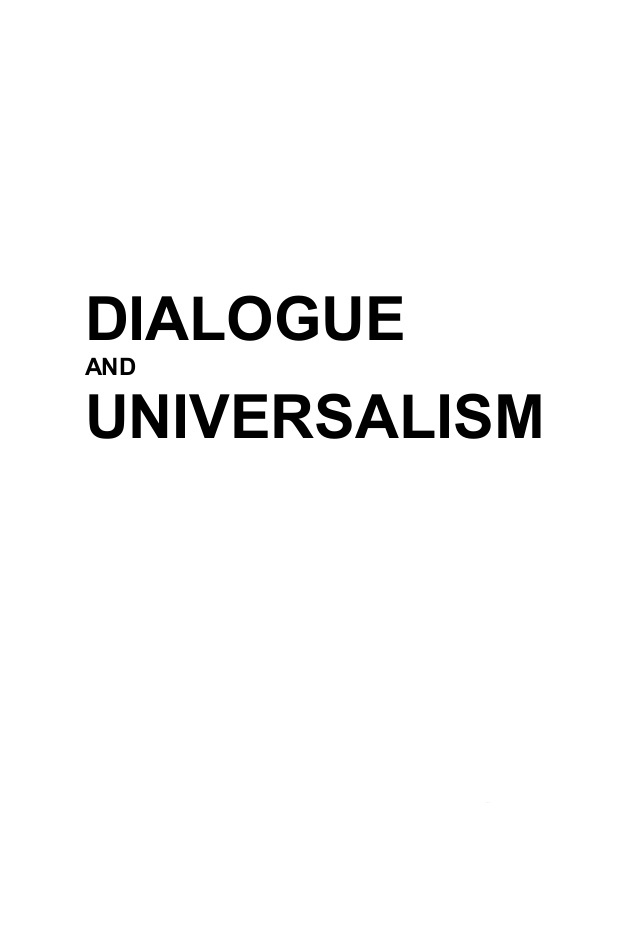THE CONSEQUENCES OF EARLY LITERACY FOR THEDISCURSIVE TRANSMISSION IN THE OLD TESTAMENT
THE CONSEQUENCES OF EARLY LITERACY FOR THE DISCURSIVE TRANSMISSION IN THE OLD TESTAMENT
Author(s): Renata JasnosSubject(s): Philosophy
Published by: Instytut Filozofii i Socjologii Polskiej Akademii Nauk
Keywords: Bible; Deuteronomy; the culture of writing; the scribal culture; ancient Near East; orality – literacy; discourse; interpretation.
Summary/Abstract: The books of the Old Testament contain elements of oral communication as well as the characteristic features of written elaboration. S. Niditch attempts to determine the probable oral-literate processes leading to the formation of the biblical message but does not answer the question concerning the history of the creation of any of the books. Biblical scholars examine the process of the shaping of the books as redaction criticism. This shaping, however, progressed according to different standards as evidenced by the literary characteristics of the text and literary “deficiencies” as well explicit elements of oral communication. The use of the term “editing” in relation to the process evokes inadequate ideas drawn from contemporary literary culture. Attempts to discover the essential elements of the processes shaping the biblical books, based on the, to some extent, recreated history of The Gilgamesh Epic, leads us to a new concept of what such a book is. The discovered specificity of the biblical books can consequently propose a new, more adequate perspective of interpretation— the interpretation which has the characteristics of a discourse.
Journal: Dialogue and Universalism
- Issue Year: 2013
- Issue No: 1
- Page Range: 91-103
- Page Count: 13
- Language: English
- Content File-PDF

